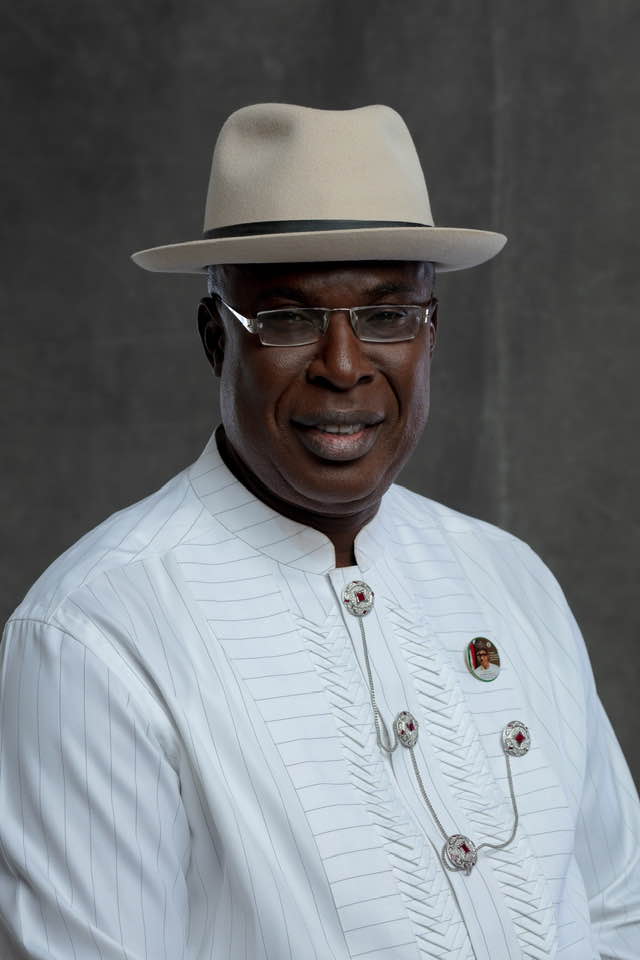The federal government has ruled out any palliative over the recent jump in fuel price.
On Monday, the PPMC, the petroleum products marketing and distribution arm of the Nigerian National Petroleum Corporation (NNPC), raised the ex-depot price of petrol from N113.70 to N147.67 per litre.
However, the Petroleum Products Pricing Regulatory Agency (PPPRA), which is responsible for the regulation of the prices of petroleum products in the country, is yet to make any statement on what the new price of petrol will be for the month, marketers have begun selling at N160 per litre.
Groups and individuals have kicked against the new price regime while the Peoples Democratic Party (PDP) and the e Nigeria Labour Congress (NLC), have condemned the new price. They said it is a demonstration of government’s insensitivity.
But, despite the criticisms, the Minister of State for Petroleum Resources, Timipreye Sylva, has said that there is nothing the government can do to intervene in the new petrol price as it a direct fall out of the deregulation policy announced in the petroleum sector in March.
According to him, “There is no going back on the deregulation policy in the downstream sector of the petroleum industry. It is a necessary economic policy. Successive administrations had desired to achieve deregulation without success. Some lacked the political will, while for others the timing was not appropriate.
“But there is a direct correlation of the price of the refined products to the crude oil price, as it is refined from crude oil. Therefore, when the crude oil price goes up, the price of the refined products and other derivatives go up, and vice versa.”
He emphasized that when crude oil prices dropped earlier in the year, government was able to transfer the benefits to the consumers by reducing the price, adding that at the time the government told the people that when the price of crude oil goes up at the international market, some of those movements would likely reflect the pump, which is what is happening today.
Sylva blamed the COVID-19 pandemic for the fall in oil price at the international market, saying the country’s earnings from oil was not sufficient to support subsidy payment.
He observed that, “Subsidy benefited the rich against the poor. The country cannot afford the payment of subsidy. Deregulation meant government withdrew from the importation of petroleum products and allowed market forces to determine prices of petroleum products, to allow government to play its traditional role of protecting the consumers against excessive profiteering by the marketers.”


